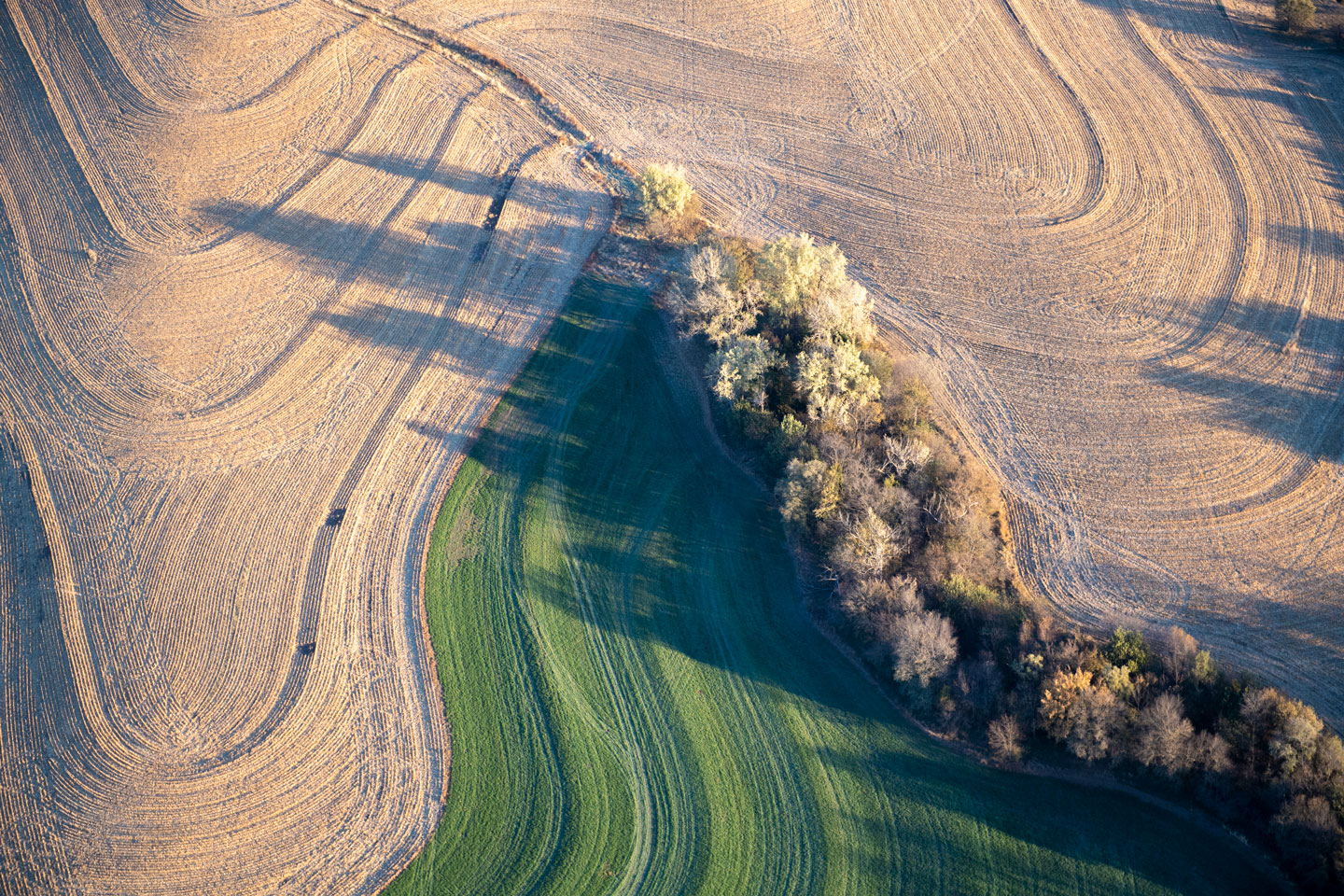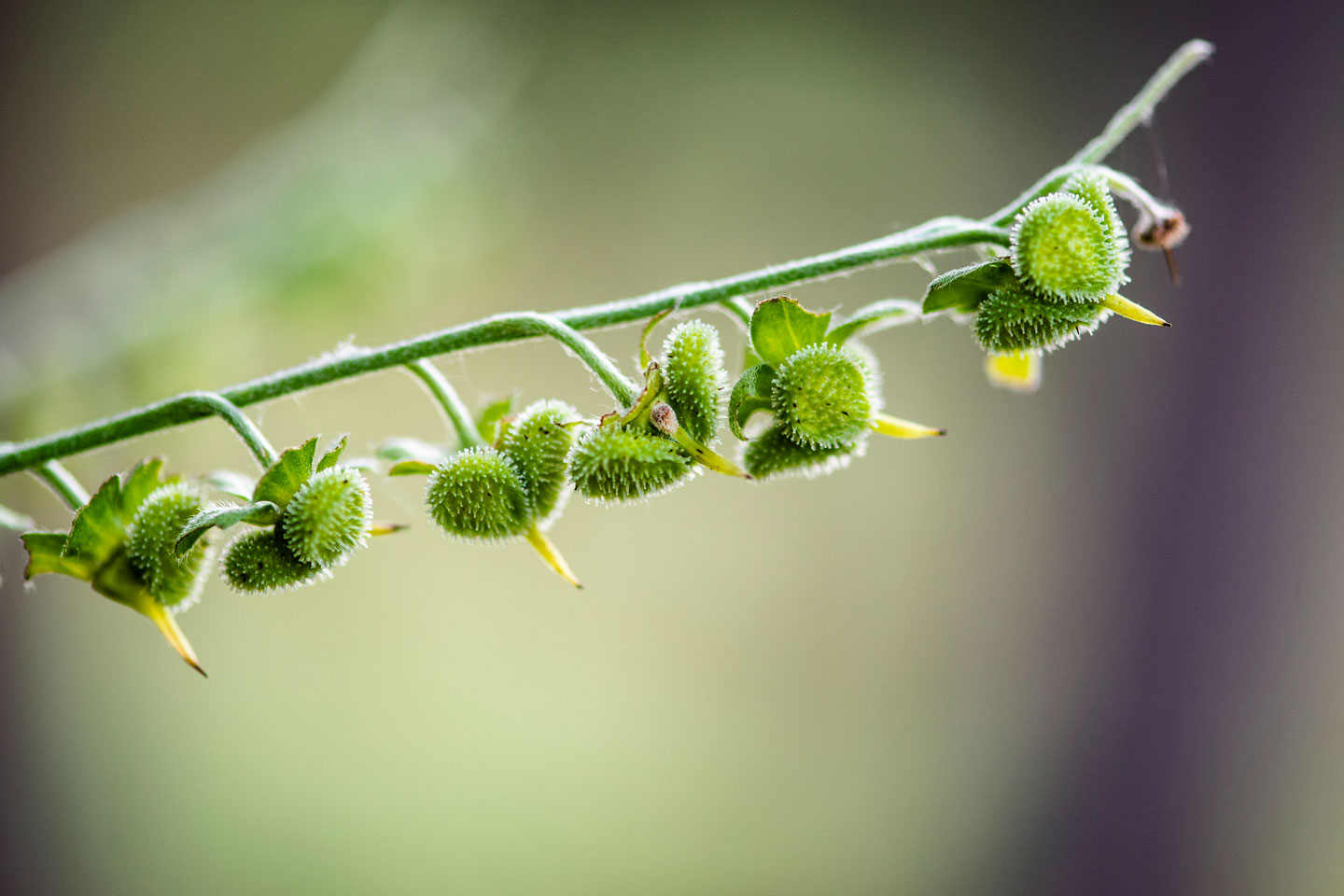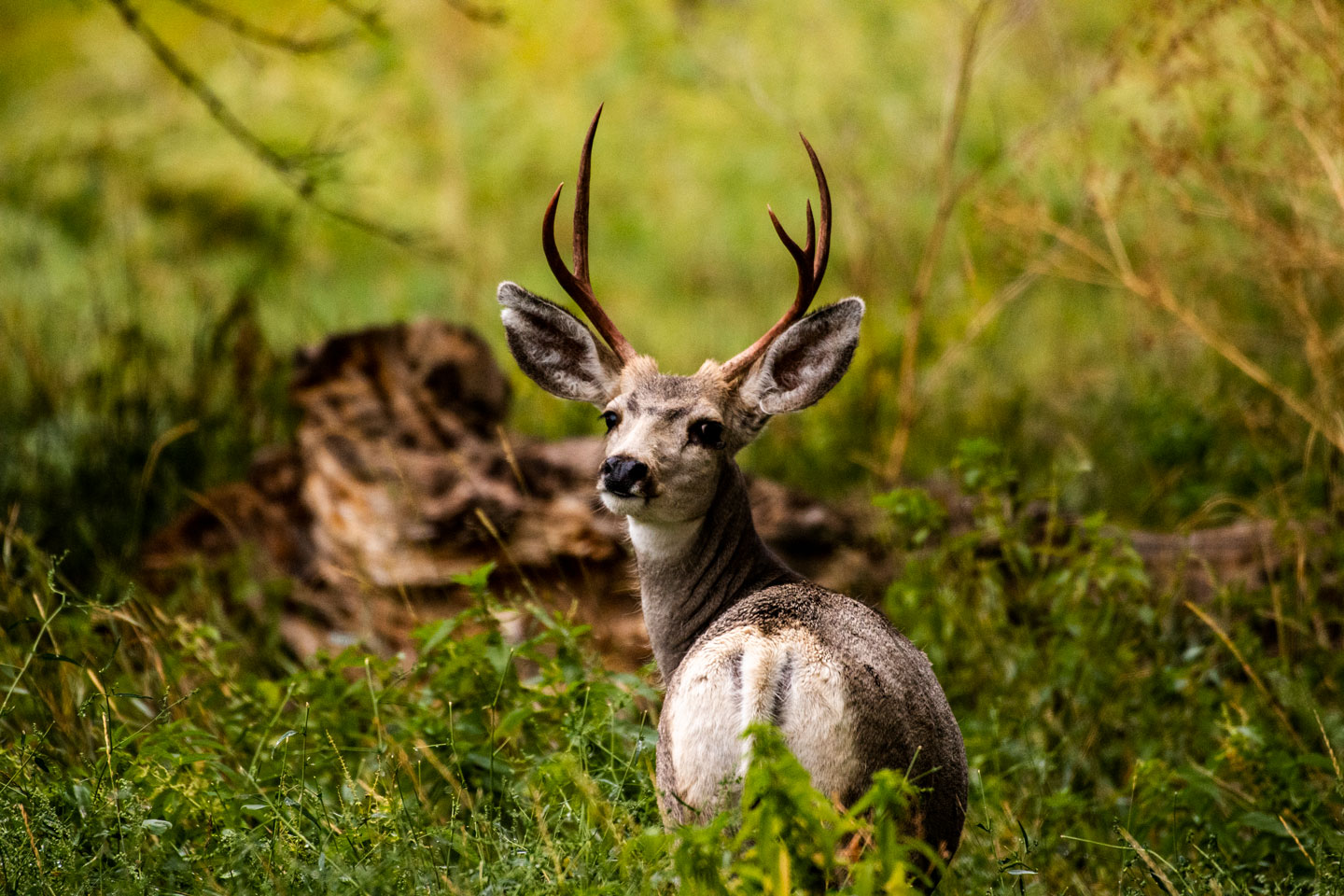Climate change
Learn more about climate change, which may be the greatest challenge to conserving biological diversity in the coming decades.
Many in the conservation community believe that climate change will be the greatest challenge to conserving biological diversity in the coming decades. Climate change is already having significant impacts on wild species and ecosystems, and these are likely to increase considerably in the future.
Components of climate change that are affecting biodiversity include increasing temperatures, changes in precipitation patterns and increases in the frequency and intensity of storms, flooding, droughts and wildfires. Documented effects of climate change on biodiversity include shifts in species distributions, changes in seasonal timing of species’ life history events and de-coupling of ecological interactions among species. In addition, climate change is expected to alter ecological processes such as fire pattern and hydrology, and exacerbate a number of non-climate stressors such as habitat loss and fragmentation, pollution, and the spread of invasive species, pests and pathogens.
Natural systems provide numerous benefits to humans, including ecosystem services that sustain communities and economies. Action is needed now to safeguard species and ecosystems and the communities and economies that depend on them. The conservation community has been working to develop and implement strategies to help species and ecosystems adapt to the changing climate.
Resources
Learn more with these useful resources:
- For more information on how the climate is changing in Nebraska, see the 2014 UNL report Understanding and Assessing Climate Change: Implications for Nebraska
- For an overview of climate change impacts on biodiversity and strategies to address those impacts, see the National Fish, Wildlife and Plants Climate Adaptation Strategy.
- The Nebraska Natural Legacy Project also includes strategies to help species and ecosystems adapt to climate change.



